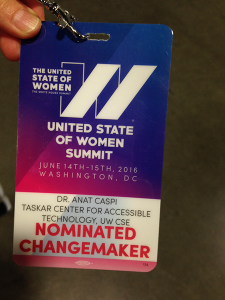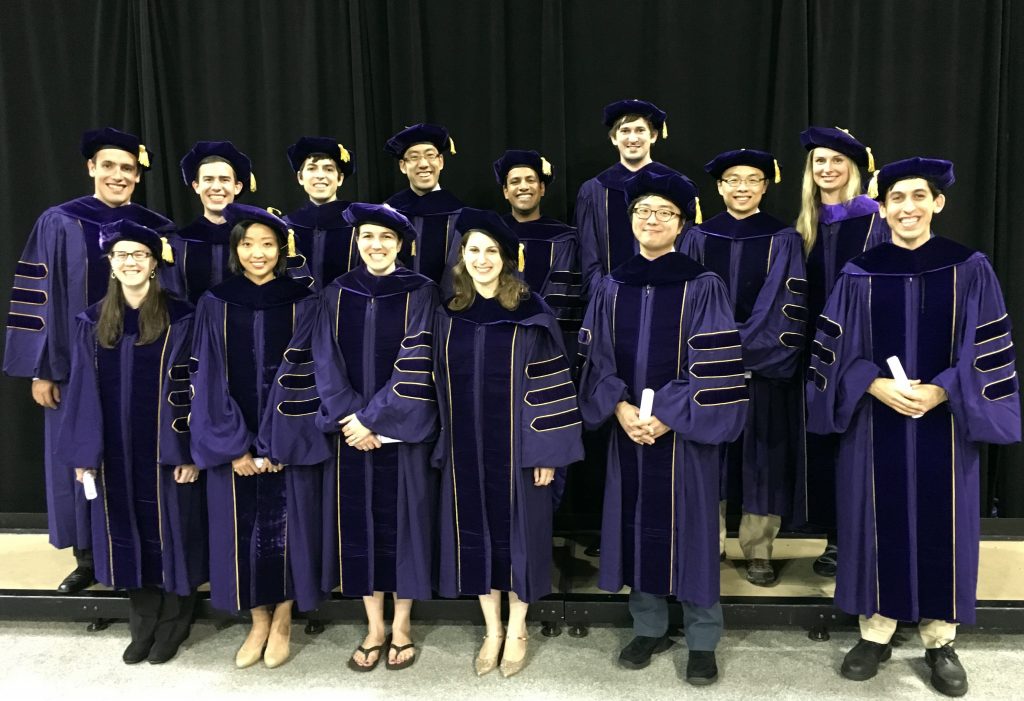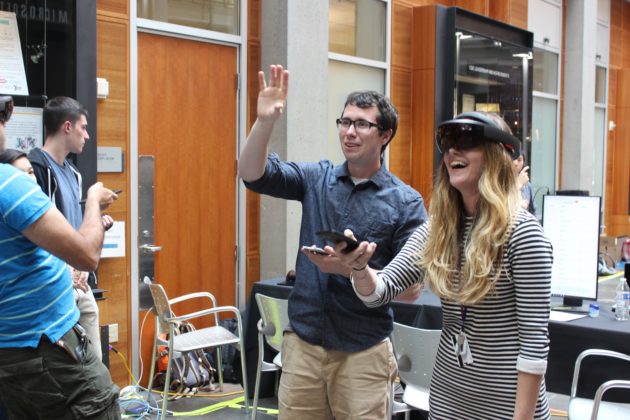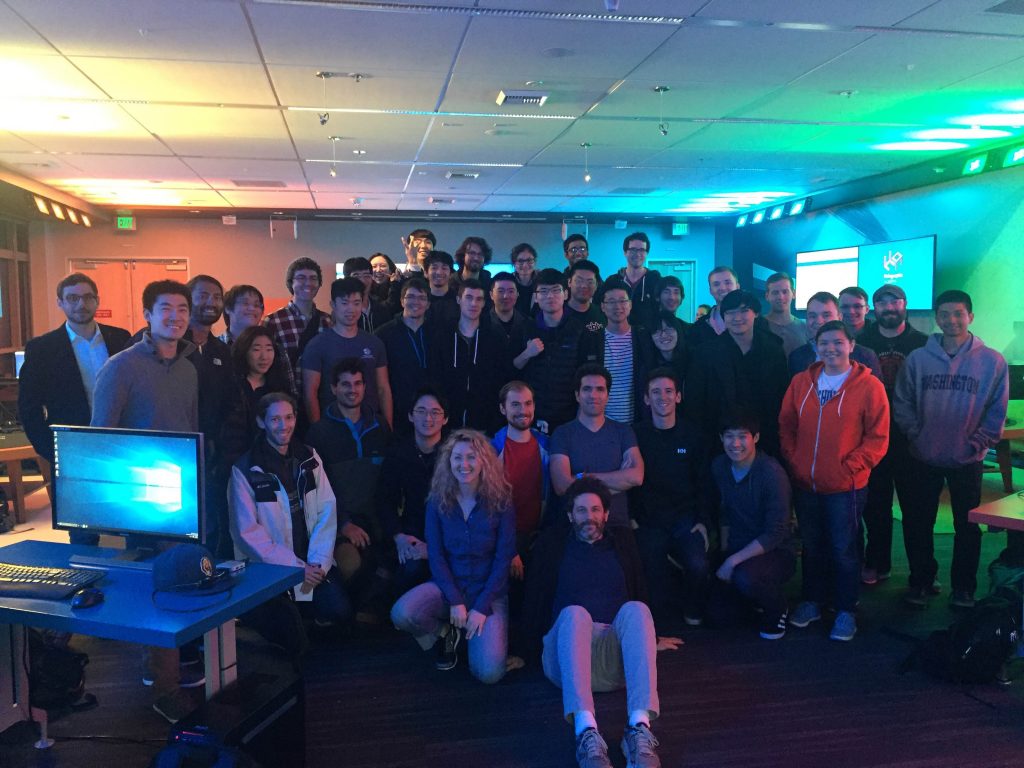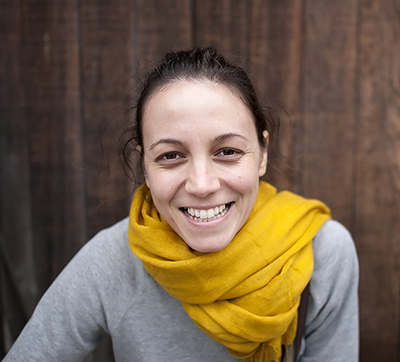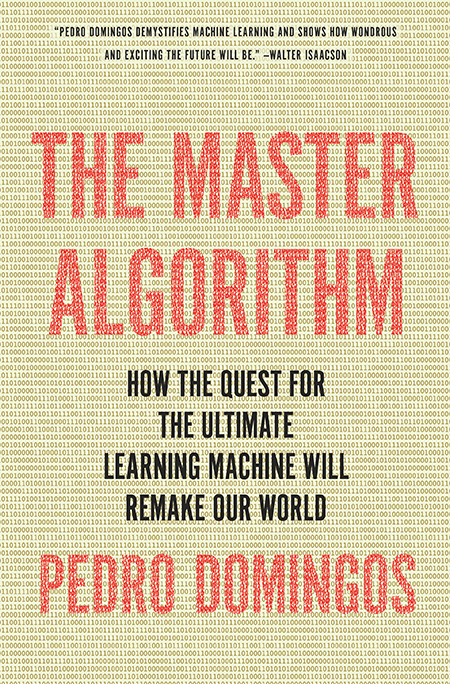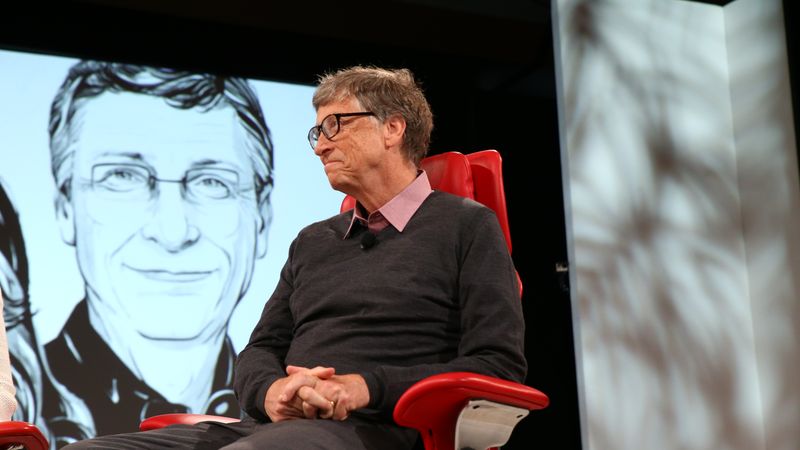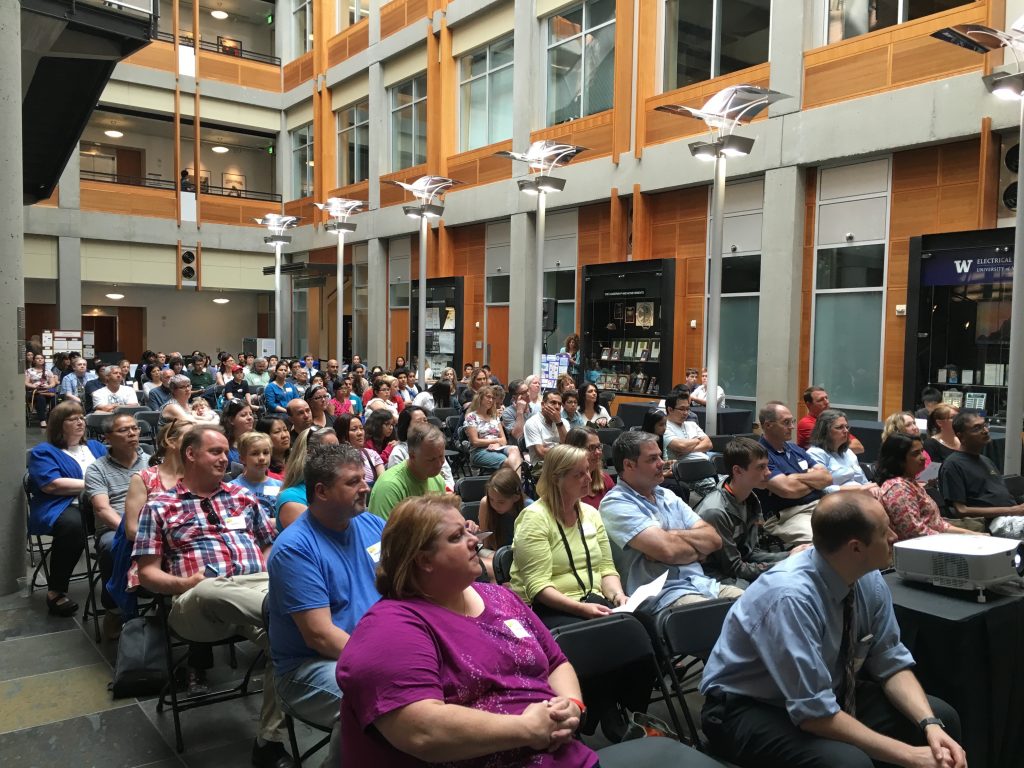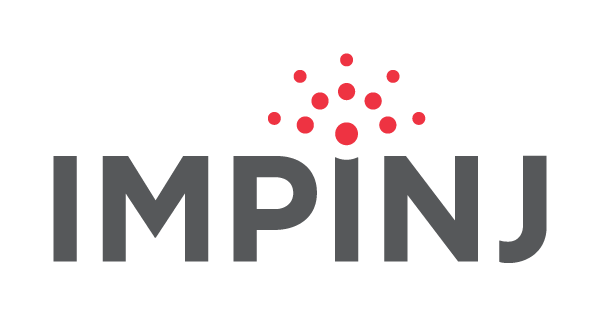At UW CSE’s graduation ceremony on Friday evening, 1983 Ph.D. alum Albert Greenberg and 2002 Ph.D. alum Stefan Savage will be recognized as the recipients of UW CSE’s 2016 Alumni Achievement Awards.
We inaugurated this award for two purposes: first, to recognize some of our most accomplished alumni; second, to make it clear to each year’s new graduates that they are joining a long line of men and women who have built upon their UW CSE education to change the world.
Albert Greenberg
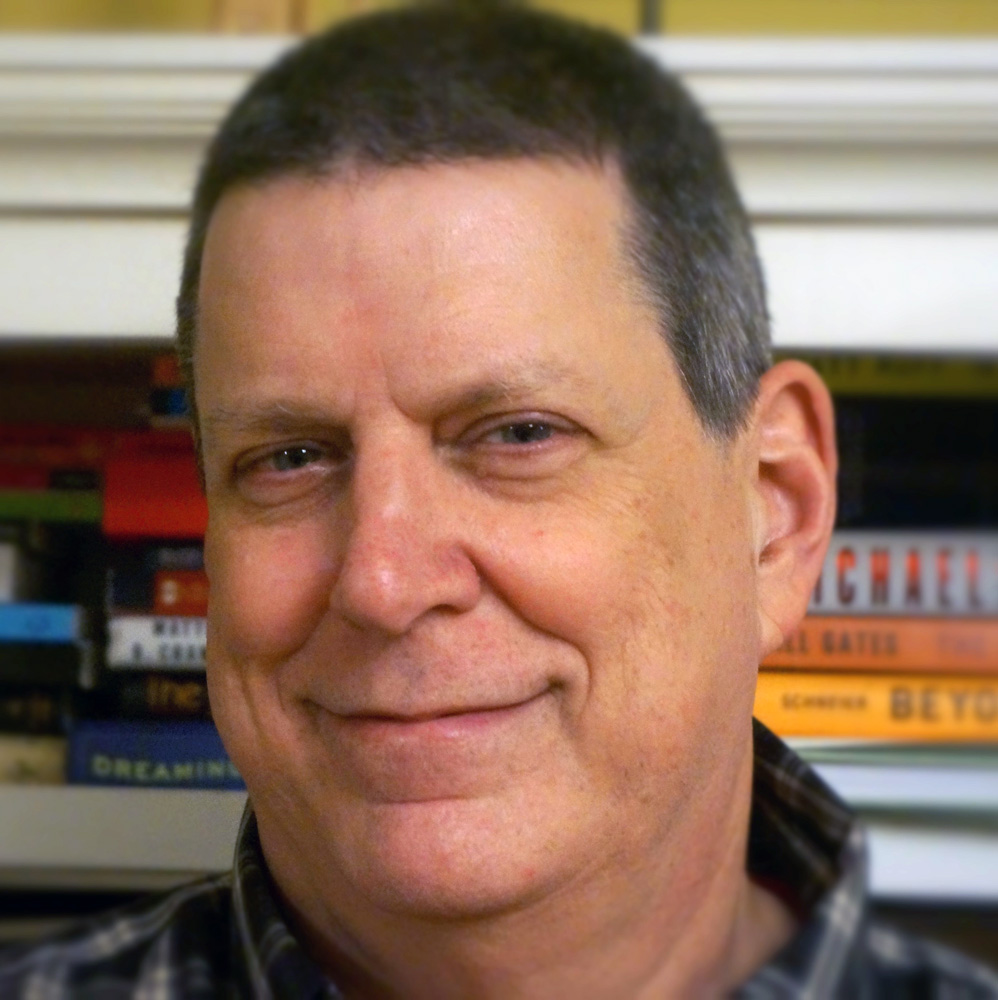
Albert Greenberg, 1983 UW CSE Ph.D.
Albert Greenberg has worked on the front lines of grand scale networking and cloud computing for more than two decades, first at Bell Labs/AT&T and then at Microsoft.
Albert earned his Ph.D. at UW CSE in 1983 working on the development of efficient algorithms for multiple access channels alongside professors Richard Ladner and Martin Tompa. Before his arrival at UW CSE, he earned his Bachelor’s in Mathematics from Dartmouth College.
At Bell Labs/AT&T in New Jersey, Albert rose to division manager for network measurement engineering and research, and then to executive director and AT&T Fellow. He returned to Seattle in 2007, joining Microsoft as a Principal Researcher. For the past six years he has served as Distinguished Engineer and Director of Development for Microsoft’s Azure Networking, the company’s global cloud computing infrastructure platform that spans millions of servers around the globe and helps make Seattle the leader in cloud computing. Albert’s responsibilities encompass physical and virtual datacenter networking design and management, overseeing teams in Redmond, Mountain View, Hyderabad, Dublin, and Beijing.
The UW CSE Alumni Achievement Award is the latest in a string of honors for Albert. Earlier this year he was elected to the National Academy of Engineering – the profession’s highest honor. He is a Fellow of the Association for Computing Machinery and has received the SIGCOMM Award for his lifetime contribution to the field of communications networks, the IEEE Koji Kobayashi Computers and Communications Award, and multiple “Test of Time” awards for his research.
Stefan Savage
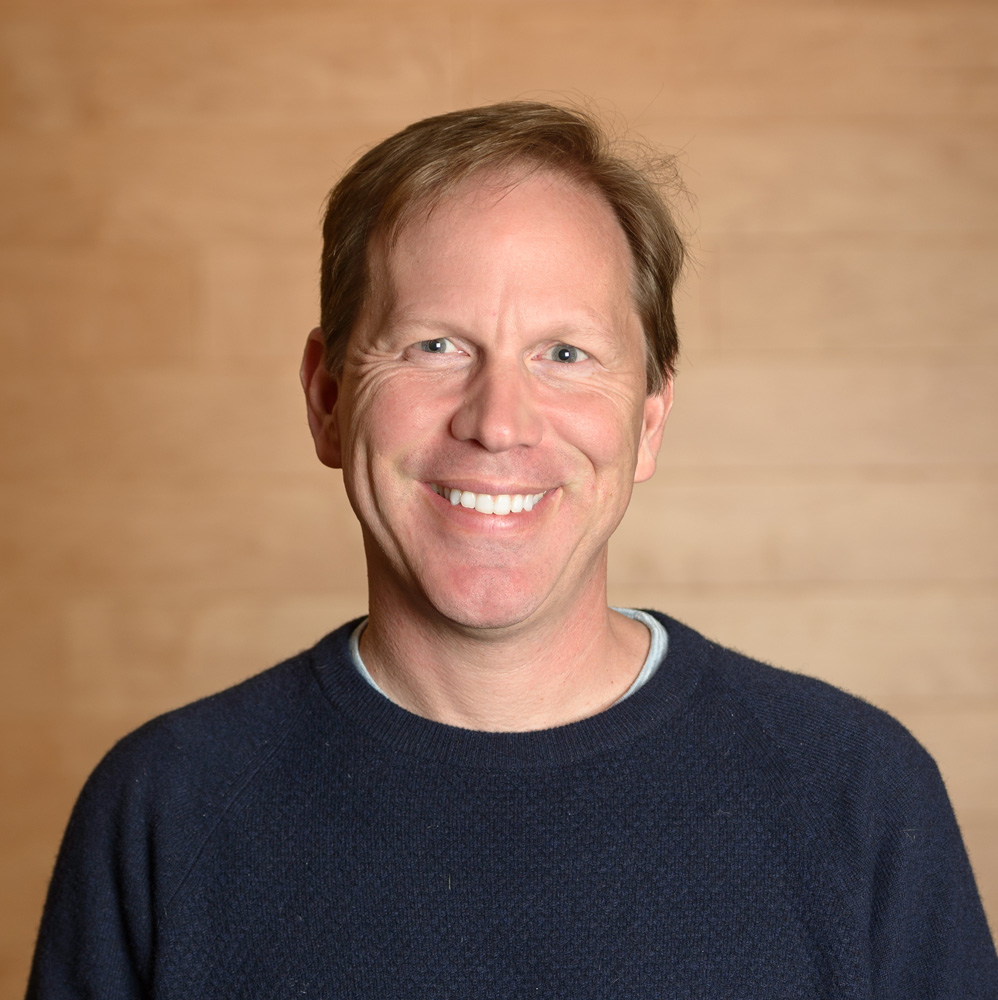
Stefan Savage, 2002 UW CSE Ph.D.
As a leader in the Systems & Networking and Computer & Network Security groups at the University of California San Diego, professor Stefan Savage has tackled everything from computer worms and online scams, to distributed attacks, insidious global consumer fraud networks, and automobile systems hacking. He is being honored twice this month for his outstanding research in network security and efforts to fight cyber crime: tonight he receives the UW CSE Alumni Achievement Award, and tomorrow, he collects the 2015 ACM-Infosys Foundation Award in the Computing Sciences.
Stefan earned his Ph.D. from UW CSE in 2002 working with professors Brian Bershad and Tom Anderson. His route to computer science academia was unorthodox. Having begun his studies as an undergraduate at Carnegie Mellon University in physics and cognitive science, he wound up earning a degree in applied history instead. He then spent two years working in a computer science lab at CMU before following Bershad to Seattle, earning admission to UW CSE’s doctoral program a year later.
Stefan received job offers from MIT, Stanford, UC Berkeley, CMU, Cornell, UCSD, and several others. He joined UCSD for the cultural fit and turned his attention to battling cyber drug crime and shutting down counterfeit software sales by tracking the flow of money. Stefan also co-founded the Center for Automotive Embedded Systems Security with UW CSE professor Yoshi Kohno to draw attention to the security vulnerabilities of modern automobile systems, and established the Center for Evidence Based Security Research in collaboration with the International Computer Science Institute at Berkeley. He won the SIGOPS Mark Weiser Award in 2013, earning plaudits for his “uncanny ability to ask exactly the right question, propose exactly the right solution, and see that solution through to impact.”
Read more about Albert and Stefan in MSB here. Read about previous recipients of the UW CSE Alumni Achievement Award here. Read more →
 Oren Etzioni – CEO of Paul G. Allen’s Allen Institute for Artificial Intelligence and long-time UW CSE professor – writes in Wired:
Oren Etzioni – CEO of Paul G. Allen’s Allen Institute for Artificial Intelligence and long-time UW CSE professor – writes in Wired:


